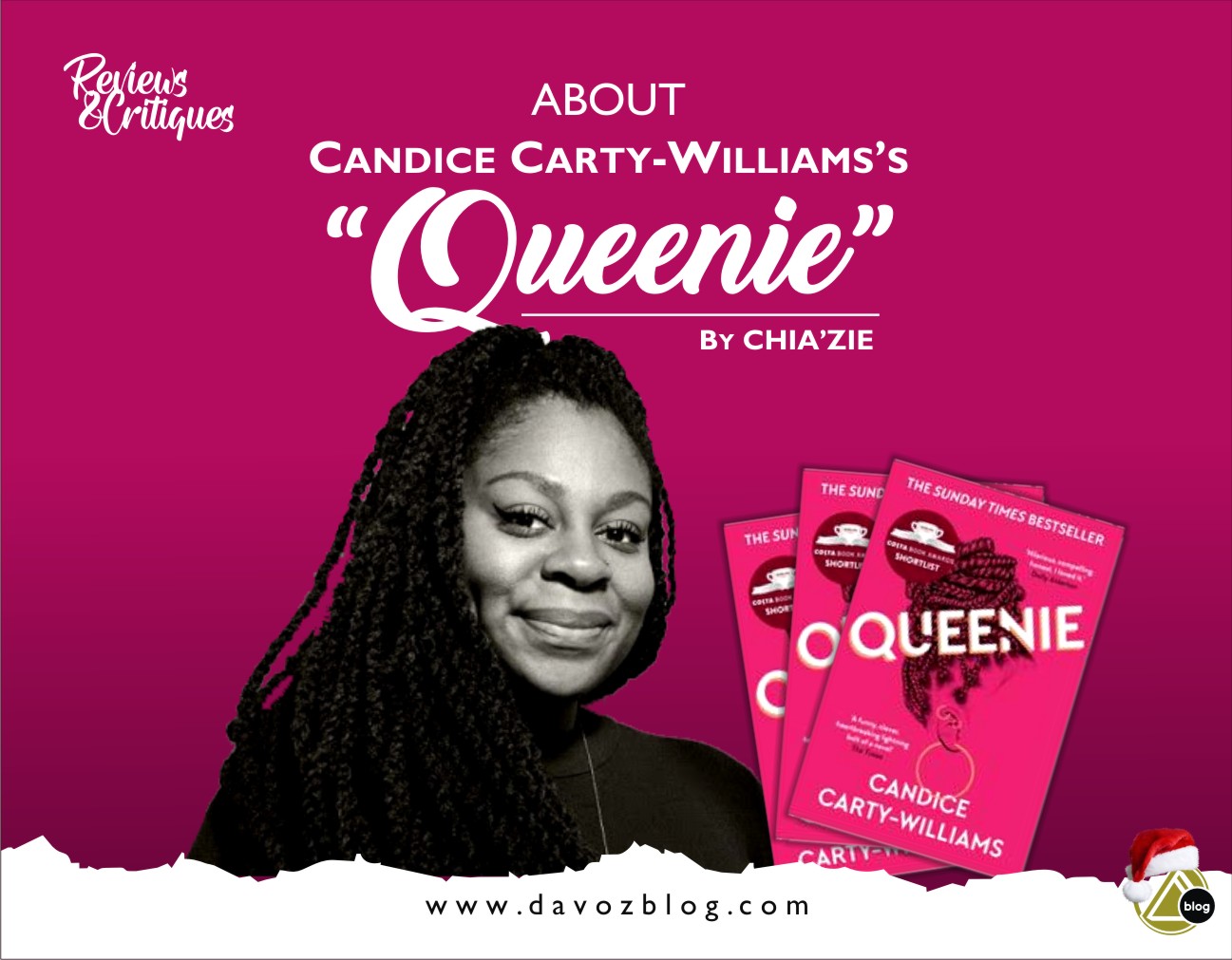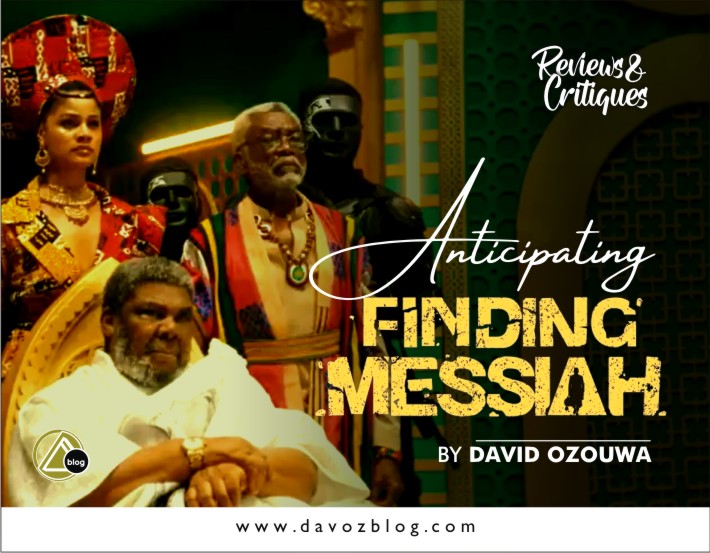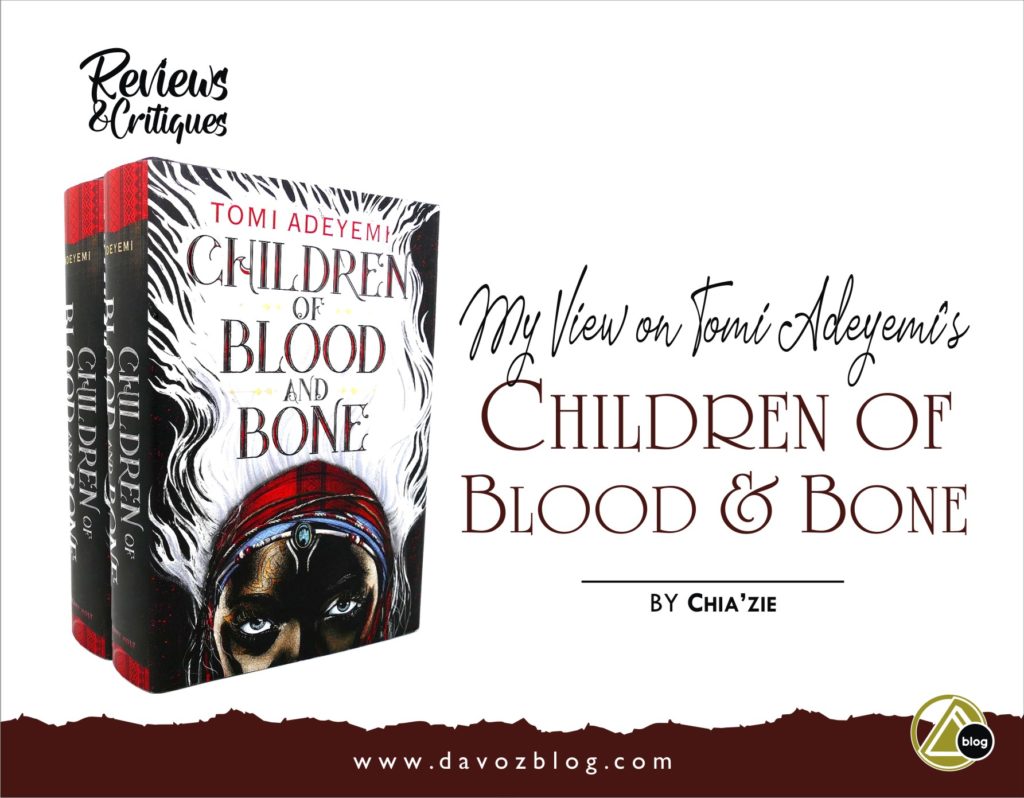A Google search on “How racist is Britain today?” shows you, as expected, a lot of the popular statistics – Black and Muslim minorities have twice the unemployment rate of their white British peers and are twice as likely to live in overcrowded housing. They are also much more likely to be stopped and searched by the police. However in these Google pages, next to nothing is said about the actual experiences of black people, how they are treated by the white folk, what the white folk think of them, doesn’t tell you any of the things that really matter.

Queenie does. Queenie’s story is a beautiful elaboration of how far racism and systemic oppression have come.
“we went to slide our way inside and were stopped by a drunk girl with short pink hair who reached out and ran her hands through my twists as if they weren’t attached to my scalp. ‘ohmygodilovethemsomuuuch!’ she gasped, mesmerized
‘What the fuck do you think you’re doing?’ Kyazike said, grabbing the girl by the wrist and pushing her hand away. ‘You can’t do that!’
‘Oh my God,’ the girl whimpered, clutching her wrist as if Kyazike had snapped it.
‘Don’t fucking touch people like they’re your property!’ Kyazike shouted at the girl. ‘You dickhead.”
…
But Kyazike was immediately thrown off the club for causing trouble. She and her friend Queenie. Because white people, have all the power, and will always have all the power, maybe.
“We’re leaving your shit club anyway. But if you like your clientele reaching out to touch black people like we are animals in a petting zoo, then fair play innit”
But it isn’t fair play. I recall how funny it was one morning as I watched from my window a white couple giving their kids a tour of Independence hall at the University of Ibadan. The boys banged on the balustrade and made cacophonic noises at the group. They called out to them, “Oyinbo!! Oyinbo!!”, but even then, the scene did not look like people catcalling at strangers, but like a bunch of monkeys behind their cages performing for humans, white humans. Because no matter what roles black people play, maybe the picture would always have the same interpretation.
Anyway, and on a lighter note, the book, Queenie, named after the protagonist, is a testament to how love can break a person, and make them cling to brokenness because the pain from a thousand pieces of glass crunching within their heart every time it contracts in systole has become familiar, all they have come to know.
I learnt the word inure in 2017 when I was crazy about stuffing my brain with words to write with. I wanted a healthy arsenal to pick from, and because I didn’t raise myself to read novels, I had to learn new words academically. In 2017 also, I learnt how to cling unto a familiar emotion, one I wouldn’t particularly call love. I learnt to cling unto an experience, a partner even when I was clearly suffering, and until my suffering defied reason. Queenie begged to be loved, I begged to be loved; forgot her self-worth, I forgot my self-worth; let herself be treated like shit, I did that too; did not respect her body – well, I didn’t do this.
With Queenie, Candice Carty-Williams almost made a sympathetic case for Tyler Perry’s Acrimony. Like how an observer might tend to blame the other person for their partner’s destructive behavior. But in the end, isn’t everybody responsible for how they react to things? It might be worthy of note that this book is written in a different tongue, an English one, so reading it casually, the sentences might not exactly roll off the tongue, or make a lot of sense.



